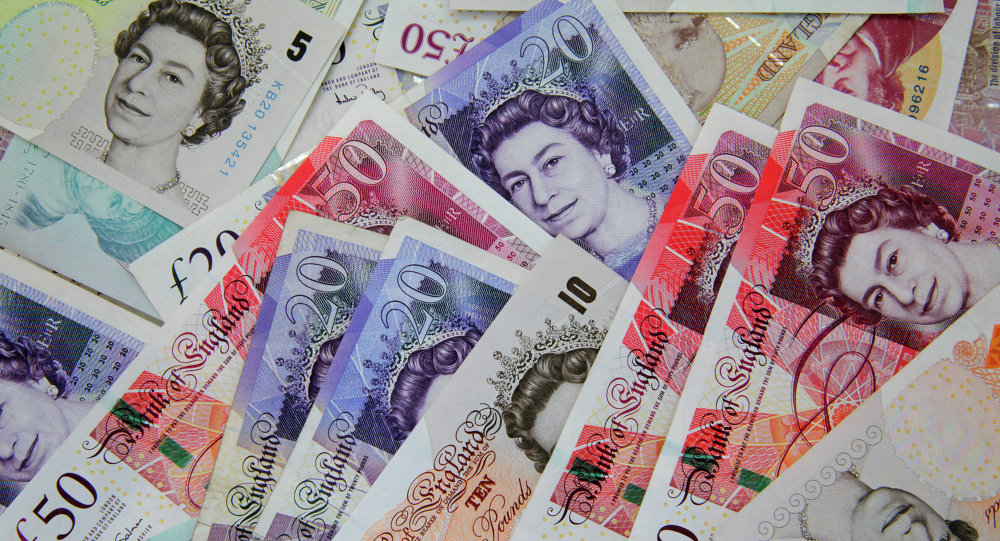The pound edged higher on Friday as strong British retail sales data lifted sentiment, though investors were considering the consequences of a Brexit vote defeat in parliament for Prime Minister Theresa May.
On a weekly basis, the British currency was set for its third consecutive drop as analysts said the latest defeat, although on a symbolic vote, indicates May does not have the support of her lawmakers.
With less than six weeks before the March 29 exit date, May has stepped up efforts to convince the European Union to grant her concessions.
“The constant Brexit can-kicking has also increased the risks of a disorderly exit,” strategists at BNP Paribas said in a daily note.
May has promised that if parliament has not approved a deal by Feb. 26, she will make a statement updating lawmakers on her progress on that day and lawmakers will have an opportunity on Feb. 27 to debate and vote on the way forward.
However, the pound was set to end the week on a cheerful note as data showed British retail sales rebounded strongly in January, shaking off some of the gloom over the economy.
The pound was holding near the day’s high, up 0.2 percent at $1.2822. It was broadly flat before the data.
Retail sales post biggest drop in nine years in December
Falling market expectations of an interest rate hike from the Bank of England this year are also weighing on the pound. Swap markets indicate a 28 percent probability of an interest rate hike compared to a third earlier this week.
Derivatives markets painted a slightly more cautious picture with one-month implied volatility picking up from December lows and rising to 9 vol on Friday.
Risk reversals, a market gauge of a ratio of puts to calls on a currency, indicate investors are leaning towards buying options to protect themselves against further currency downside.











